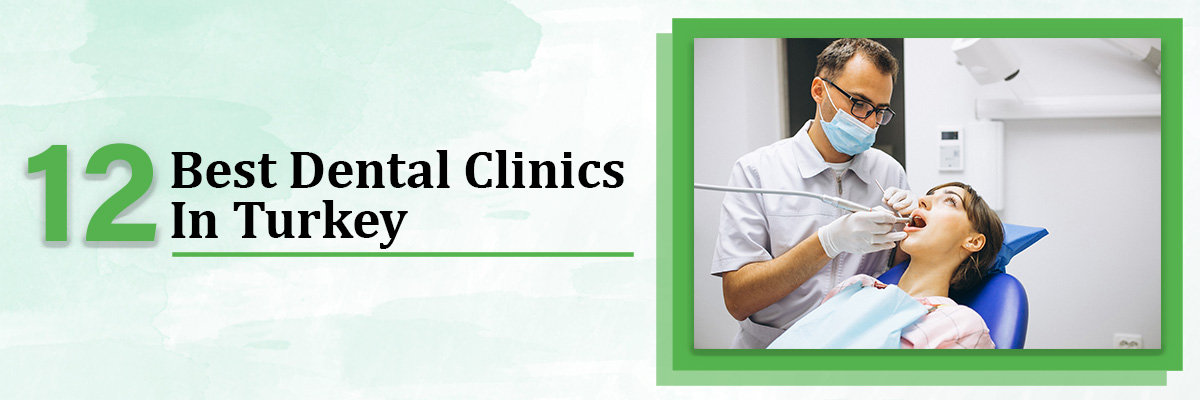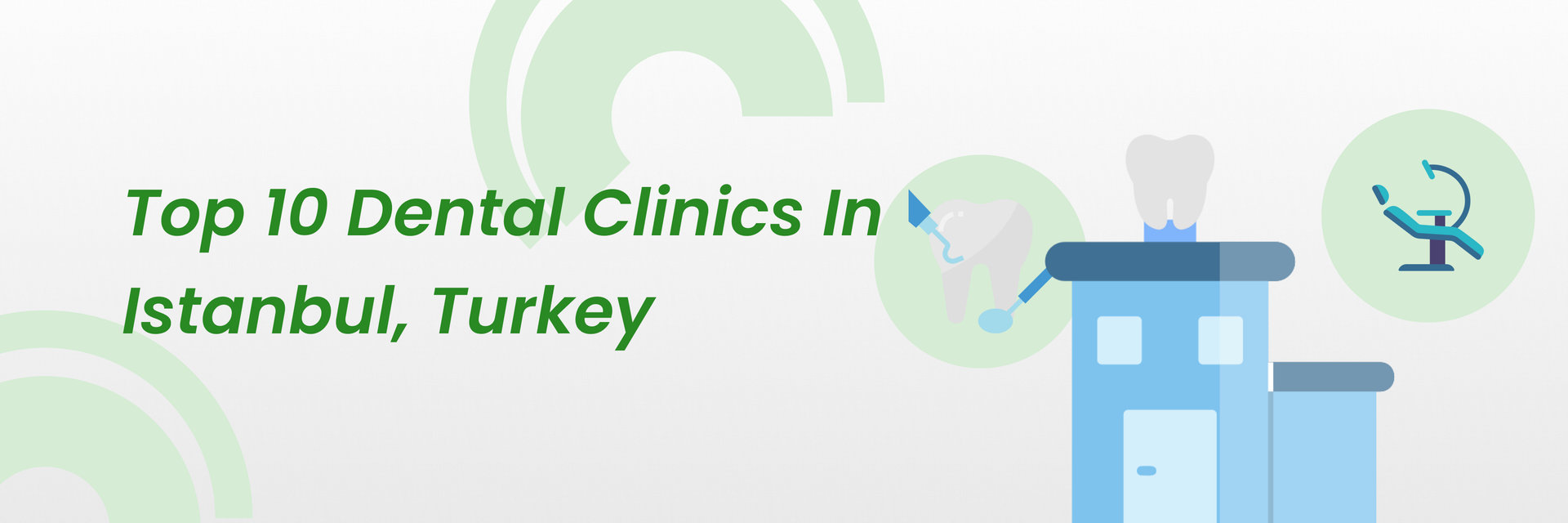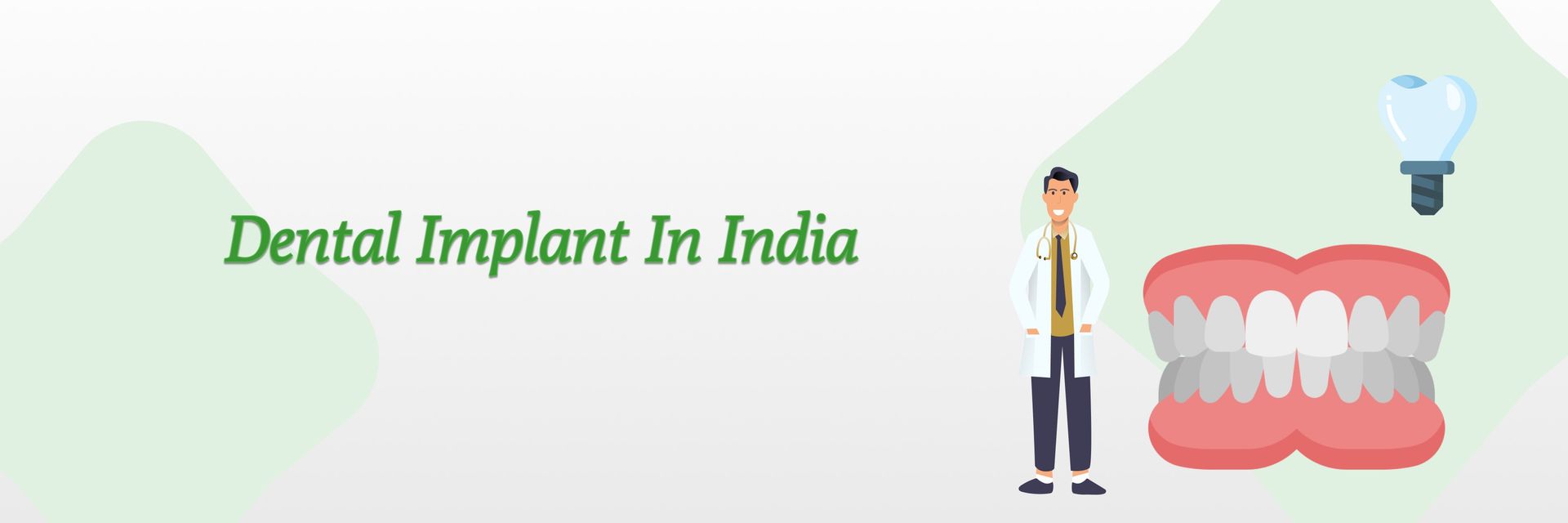If you’re reading about the common causes of tooth pain, chances are you’ve been dealing with discomfort and wondering what might be going on. Tooth pain can catch anyone off guard, and it’s completely normal to feel concerned—especially when it affects your daily routine.
The good news? Figuring out what’s causing the pain is the first step toward feeling better.
We’ll walk you through to help you feel more comfortable.
1. Cavities and Tooth Decay
Cavities happen when bacteria build up on your teeth and create acids that wear down the enamel. Over time, small holes can form, which often lead to pain—especially when you eat something hot, cold, or sweet. If the decay gets worse, it can reach the deeper layers of the tooth, causing even more discomfort.
How to Treat It:
- For small cavities, your dentist can place a filling.
- If the cavity is larger, they may recommend a crown.
- If the damage reaches the tooth’s pulp, a root canal might be needed.
How to Prevent It:
Brush twice a day, floss regularly, and see your dentist for check-ups and cleanings.
2. Gum Disease (Gingivitis and Periodontitis)
Gum disease is a common problem that starts with swollen or bleeding gums. This early stage is called gingivitis. If it’s not treated, it can turn into periodontitis, which is more serious. In periodontitis, the infection can reach the bone supporting your teeth, causing pain, loose teeth, and even tooth loss.
How to Treat It:
- Gingivitis can usually be reversed with professional cleanings and good oral care at home.
- For periodontitis, your dentist may need to do a deeper cleaning called scaling and root planing.
How to Prevent It:
Brush and floss every day, and make sure to schedule regular dental visits.
3. Tooth Sensitivity
Tooth sensitivity happens when the outer layer of your tooth (enamel) wears down, exposing the inner part (dentin). This can make your teeth feel painful when you eat or drink something hot, cold, or acidic.
How to Treat It:
- Try using desensitizing toothpaste to block pain signals.
- Fluoride treatments can also help strengthen your enamel.
How to Prevent It:
Avoid brushing too hard, and limit acidic foods and drinks in your diet.
4. Bruxism (Teeth Grinding)
Bruxism is when you grind or clench your teeth, often while you sleep. It’s more common than you might think and can cause a range of problems—like jaw pain, headaches, and worn-down or cracked teeth. Many people don’t even realize they grind their teeth until they start feeling the pain.
How to Treat It:
One of the best ways to protect your teeth is with a dental night guard. A night guard acts as a cushion, reducing the pressure from grinding and keeping your teeth safe while you sleep.
How to Prevent It:
Practicing relaxation techniques like deep breathing or meditation can help reduce stress, which is often linked to teeth grinding.
5. Abscessed Tooth or Infection
An abscessed tooth happens when an infection forms inside the tooth or in the gums around it. This can cause severe, throbbing pain that may spread to your jaw, neck, or ear. You might also notice swelling, a fever, or a bad taste in your mouth.
How to Treat It:
- Your dentist may prescribe antibiotics to fight the infection.
- Sometimes, the abscess needs to be drained.
- In more serious cases, a root canal or extraction may be necessary.
How to Prevent It:
Get cavities and cracked teeth treated promptly to avoid infections.
6. Cracked or Broken Tooth
Biting down on something hard, facial injuries, or grinding your teeth can cause a tooth to crack or break. The pain might come and go, but it’s usually noticeable when chewing or drinking something hot or cold.
How to Treat It:
- Minor cracks can be repaired with bonding.
- Bigger cracks might require a crown.
- In extreme cases, the tooth may need to be removed.
How to Prevent It:
Avoid chewing on hard objects and consider wearing a night guard if you grind your teeth.
7. Dental Procedure Pain (e.g., after fillings or root canals)
It’s normal to feel some pain after dental treatments like fillings, crowns, or root canals. The discomfort usually comes from your tooth adjusting to the procedure, or mild irritation of the surrounding nerves.
How to Treat It:
- Over-the-counter pain relievers can help with the discomfort.
- Avoid chewing on the treated side for a few days to let it heal.
- If the pain lasts longer than a few days, contact your dentist to check for complications.
How to Prevent It:
Follow your dentist’s aftercare instructions carefully and avoid hard foods after the procedure.
When to See a Dentist
Some tooth pain can be managed at home, but other times you’ll need to see a dentist. If you notice any of the following signs, it’s best to get professional care:
- Pain lasting more than a day or two – This could mean there’s a deeper issue, like a cavity or infection.
- Swollen gums or face – Swelling might be a sign of an abscess that needs urgent treatment.
- Fever with tooth pain – This can indicate a spreading infection.
- Trouble chewing or opening your mouth – This could mean severe damage or an infection.
- Bleeding or pus around the tooth – These are signs of gum disease or an abscess.
- Persistent sensitivity – If it doesn’t go away, it could be a sign of enamel damage or decay.
Don’t wait too long—early treatment can prevent bigger problems and get you feeling better faster.
Conclusion
Tooth pain can be frustrating, but figuring out what’s causing it is the first step toward relief. Whether it’s cavities, gum disease, or bruxism, there are effective treatments to get you back on track.
Remember, taking care of your teeth today can help you avoid pain tomorrow. Stay on top of your oral health with regular check-ups, good hygiene, and, if needed, tools like night guards to prevent future issues. You’ve got this!







